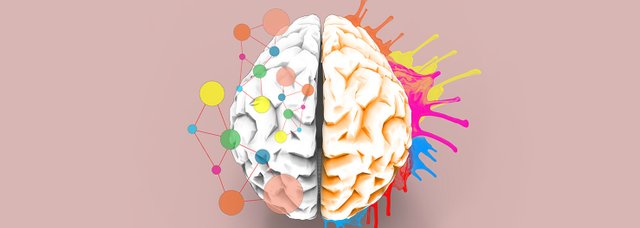Creativity is one of the greatest gifts we can give ourselves, but in today's world, it's often overlooked. We spend most of our lives focusing on our careers and jobs, so why not use the time we have left to express ourselves through art and creativity?

Not only can art improve your mental health, but it also helps improve your physical health by lowering stress levels and providing a distraction from negative thoughts.
Creativity can be used for many things. You can write a book, draw, paint, build something, write a blog post, learn a new skill, play an instrument, start a business... or many other things.
Some people are naturally creative, while others need to practice their craft to become better at it. Here are some common creative outlets that people commonly enjoy:
Writing
Music
Visual Arts
Graphic Design
Sculpture
Ceramics
Photography
Painting
Drawing
Cooking
Diy Projects
I think creative expression can be a form of therapy for anyone struggling with depression or anxiety. If you've been dealing with feelings of worthlessness or helplessness, you can use your creativity to overcome these feelings by finding ways to turn them into something positive.
Step 1: Pick the Right Medium
There are many different creative outlets out there. Some people love to paint, while others love to dance, sing, and create music.
But I want to highlight the benefits of using a specific medium. For example, writing allows you to create new content, share it with friends, or publish it online. While dancing is fun, it's not nearly as useful as writing.
The same applies to your creative outlet. It might be music, but if you're a person who feels more comfortable using Photoshop, then that's the best option.
STEP 2: Find Your Niche
A niche is the area of focus for your creativity. Think of it as your style or style of art.
If you're a visual artist, you might find yourself gravitating towards paintings or sketches, while someone who writes might find themselves drawn to poetry.
Find your niche. Your own style will make your work unique and make your projects feel meaningful.
STEP 3: Set Goals
Now that you know what medium you prefer, it's time to set your goals. Create a project plan that will help you achieve the results you want.
What are your goals for your project? How will you know when you've accomplished them? Will you keep creating until you're finished, or are you planning to stop after a certain amount of pages or hours?
Setting goals for your project will ensure that you don't lose momentum. This is especially important for those who struggle with mental illness. The temptation to skip days or weeks is high. So don't let it happen.
You'll need a calendar. Either a physical one or a digital one can do. Whatever works for you.